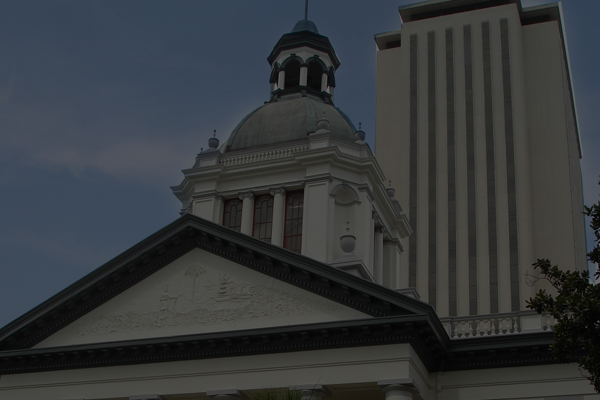 While it is still unclear where the Florida Legislature will land in regards to the state budget, one thing is certain- this will be the biggest budget in the history of the state. Last week the House and Senate both advanced separate versions of an $87 billion state budget. While the two chambers are not that far apart on the total amount of the budget, they are philosophically opposed about how to pay for education, health-care, environmental programs and affordable housing. At this stage, the budgets reveal less about how the state will spend taxpayer money next year and more about what the House and the Senate are willing to bargain over in the coming weeks. While it is still unclear where the Florida Legislature will land in regards to the state budget, one thing is certain- this will be the biggest budget in the history of the state. Last week the House and Senate both advanced separate versions of an $87 billion state budget. While the two chambers are not that far apart on the total amount of the budget, they are philosophically opposed about how to pay for education, health-care, environmental programs and affordable housing. At this stage, the budgets reveal less about how the state will spend taxpayer money next year and more about what the House and the Senate are willing to bargain over in the coming weeks.
Q: What about Amendment 1? Will the public be truly educated on the fall out costs to local government if the extra $25,000 homestead exemption goes through?
Florida voters will have the opportunity to vote on Amendment 1, the additional $25,000 homestead exemption, on November 6, 2018. Between now and then, municipal officials all over the state will work to educate their citizens about the negative impacts of this proposed amendment. Not only will Amendment 1 have a negative fiscal impact on Florida’s local governments, it will make the property tax system less fair with the benefit going only to a handful of homeowners. Florida’s property tax system is a complicated mess and Amendment 1 makes it more complicated and less fair-shifting a bigger burden onto small business owners, manufacturers and working families. |

Leave a Reply
You must be logged in to post a comment.